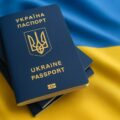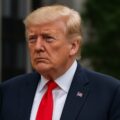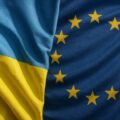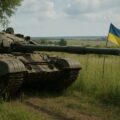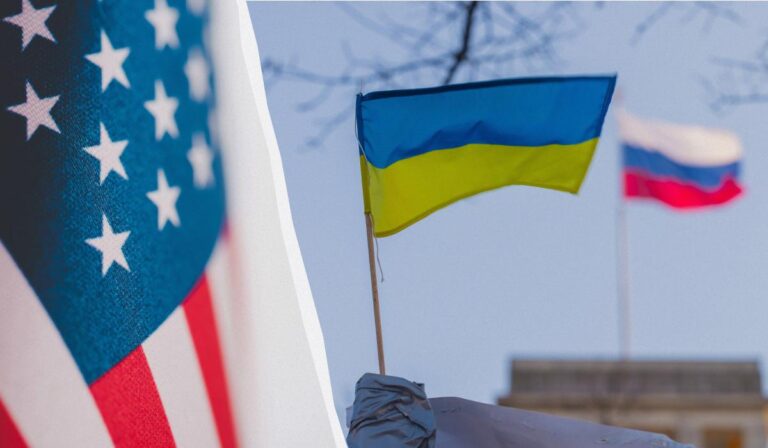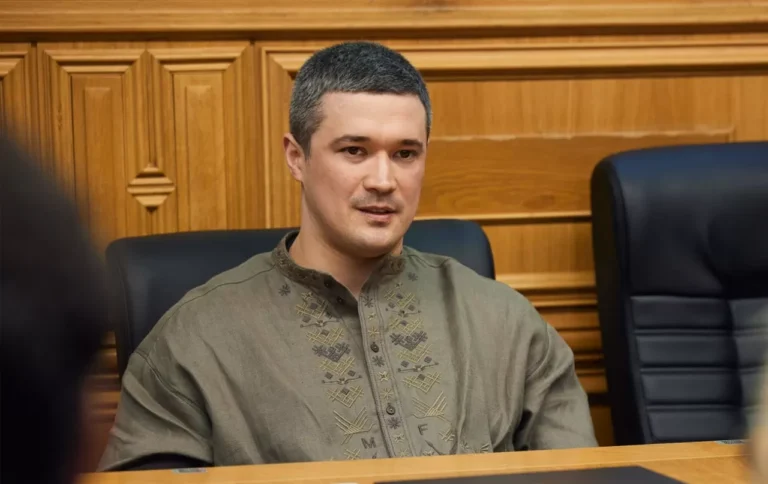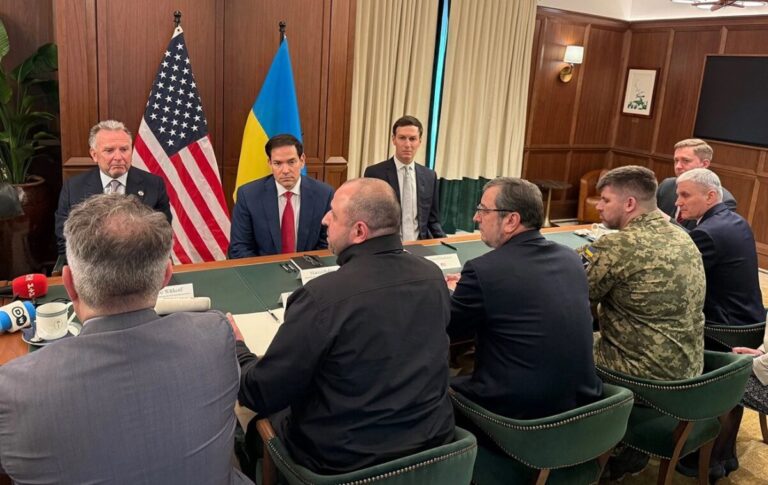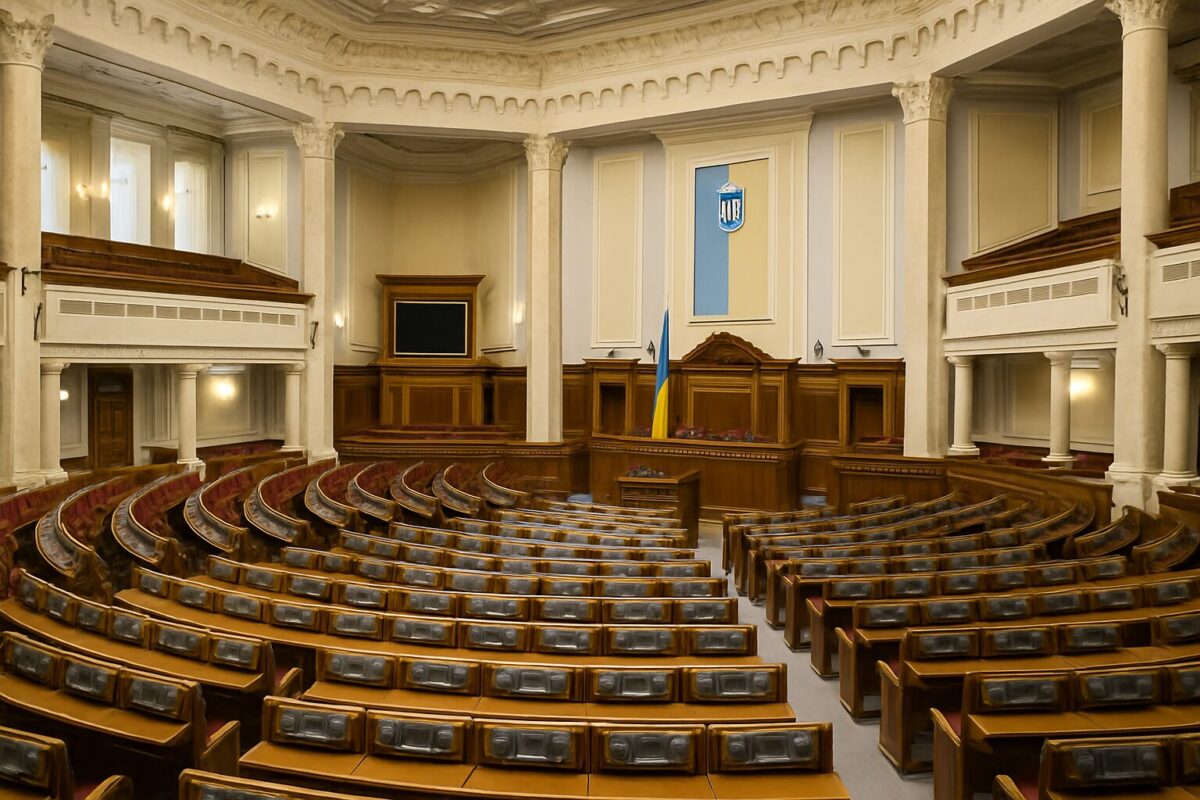
Ukraine Prepares Post-War Elections Law: Why It Matters and What to Expect
While the war continues, elections remain off the table. But Ukraine’s parliament is already looking beyond the battlefield toward organizing the country’s first post-war vote. This won’t be a return to pre-war procedures. It will require a new law and a new framework. Here’s what’s happening, and why it matters.
Why Current Laws Aren’t Enough
On June 28, 2025, during a national telecast, Speaker of the Verkhovna Rada Ruslan Stefanchuk confirmed that a draft law is being developed to regulate elections after the war ends. This isn’t campaign preparation it’s a legal necessity. Ukraine’s Constitution and electoral code don’t account for the aftermath of a full-scale war. Elections can’t simply resume “where they left off.” District boundaries have changed. Some territories remain under threat. Others are in ruins. Millions of citizens are displaced or serving in the military. Holding elections under these conditions requires a new legal structure. As Stefanchuk explained: “Elections held after martial law ends don’t fall under any current constitutional definition. That’s why we need a separate legislative act.”
What the New Law Needs to Address
1. Legal Framework for an Unprecedented Moment
The war created conditions no existing law was designed for. The new legislation must define what “post-war elections” mean, how they’re initiated, and how to handle administrative gaps like destroyed polling stations or entire towns no longer functioning.
2. Voting Rights for Soldiers and Displaced People
Millions of Ukrainians are serving on the front or living as internally displaced persons (IDPs). Can they vote where they’re registered? Or where they now live? How can their participation be guaranteed without opening doors to fraud or logistical chaos? The law will need concrete, transparent mechanisms to handle this.
3. Participation of Citizens Abroad
Millions more remain outside Ukraine, many of them since the early months of the war. The law must ensure fair access to voting abroad and clarify how these votes will be counted and represented.
4. Security Considerations
Even after the war formally ends, missile threats may persist. How can safe voting be guaranteed? Should air-raid shelters be equipped as polling stations? Will mobile units be used in high-risk areas? What happens if violence erupts during voting? All these scenarios must be addressed explicitly and operationally.
Why Preparation Starts Now
Stefanchuk emphasized that Ukraine can’t afford to wait for peace to begin drafting the law. Consultations are already underway between parliament, the Central Election Commission, and legal experts. The logic is simple: the law must be ready the moment it’s needed not rushed once martial law ends. And the public supports this cautious approach. According to a recent KIIS poll, 71% of Ukrainians believe elections should only happen after a full peace agreement is reached. That means expectations for post-war elections will be high and any misstep could damage trust in democratic institutions.
Why This Matters for Democracy
As Stefanchuk put it: “We’re preparing basic scenarios so that citizens can exercise their fundamental constitutional right to vote.”
That’s more than a legal obligation it’s a sign of political maturity. If Ukraine manages to hold fair elections under complex post-war conditions, it will send a powerful message to the world: even in the hardest times, democracy lives.
Are These Early or Snap Elections?
No. Despite speculation, this is not a signal that elections are being planned during the war. Stefanchuk made clear: the bill is only about creating a legal basis for the future, not launching a campaign. Similarly, the Office of the President has repeatedly stated that holding elections during martial law is neither appropriate nor feasible. The initiative is purely legislative not political.
Post-war elections won’t just mark a return to normal they’ll be a milestone in Ukraine’s recovery. The war has reshaped the country’s geography, security, and society. But it hasn’t changed one fundamental principle: the right of citizens to choose their leaders. By developing a special legal framework now, Ukraine is not trying to rush into elections. It’s preparing to hold them properly legally, transparently, and inclusively when the time is right. This will be more than an administrative task. It will be a test of democratic resilience. And an opportunity to prove: even after war, Ukraine is still a country where power is decided not by force, but by the people.




